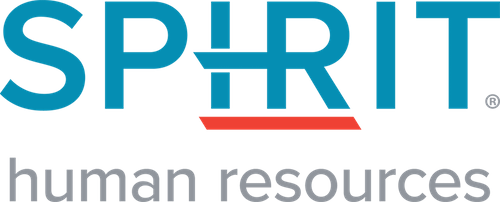How Will Robots Affect The Jobs of Tomorrow?

How Will This Affect You
Let’s take a step back from the ledge and remember we live in the now, not in a science fiction movie. Let’s consider that there is technology today that can help you make faster and smarter decisions much more efficiently without having to hand out pink slips.
As an example, Watson, IBM’s cognitive supercomputer. You may have seen it knocking off Jeopardy! super-champions like HAL does astronauts. “I’ll take Things That Are Sort of Disturbing for $200, Alex?”
Since wowing Alex Trebek by winning a Jeopardy! challenge against champions Ken Jennings and Brad Rutter, Watson has earned a medical degree (not literally), picked up a stethoscope (also not literally), and is helping real doctors solve real medical problems for real people (very literally), a bit like Dr. House with far less anger and abuse.
To simplify, what Watson can do is comb through vast amounts of data to help doctors make better diagnoses. No human doctor can possibly ingest all the available information floating around the vastness of the web and a trove of medical journals and pair that with a patient’s symptoms and medical history. Watson, however, can. In fact, IBM, the ubiquitous computing company behind Watson, says it can read millions of documents in seconds. Watson is a tool, to help a doctor ultimately make a much more thorough diagnosis.
These machine learning or cognitive computing systems are beginning to trickle (or waterfall) into the financial, retail, law, cybersecurity, culinary, and concierge industries, to name a few.
What systems like Watson do is to help us be better at what we do by providing us information that we can turn into wisdom by combining it with our own knowledge and our own experience.
Decision Support Systems have been around for decades. Yet, our ability to store and access greater amounts of data as well as our increasing connectedness has made these systems more powerful and more practical. Add in a dash of machine learning or deep learning, and voila!, you are presented with artificial intelligence systems like Watson.
You can use these systems to help comb through financial data to assess the health and future feasibility of your organization, find the perfect employee, and even discover the best time and location for your next meeting.
Unearthing trends and patterns hiding inside massive amounts of data sets by using data mining and decision support systems can help you find ways to meet targets, advance outreach, improve outcomes, and anticipate the needs of your clients. It can help you make smarter decisions across your organization, whether they be financial, client, team, resource, or logistic decisions.
Leveraging The Technology
It is our job today to turn data into information, into knowledge and finally, wisdom. Turning data into wisdom has become harder simply because the amount of data has grown so dramatically. That’s why these decision support systems can be so useful. They can take voluminous data sets and make sense of them to offer actionable intelligence that can be used to make wise decisions. Instead of ignoring the data, or being overwhelmed by it, you can manage this deluge of data and harness it make your organization stronger.
As machine learning and cognitive computing play a more prominent role in industry, which they inevitably will, it will be important for us to remember that these are just tools that allow us to be better at what we do. Machines aren’t necessarily making decisions for us, they’re helping us turn data into wisdom, which in turn helps us make our own decisions more thoughtful and educated. These systems are designed as a tool for leaders to augment their human experience with insights gleaned from enormous data sets in order to make more capable choices.
Latest Blogs from Spirit HR
Your Quick Guide to E-Verify
The federal E-Verify program has been around in some form since 1996, and it’s only getting bigger. With Florida joining the program earlier this year, around half of all states now require E-Verify participation in some way. Enrolling in the program isn’t difficult,...
3 Reasons to Outsource Your HR
Navigating the complexities of HR management can be a daunting task for businesses, especially when streamlining operations and optimizing costs are crucial for success. Outsourcing your HR functions can be a game-changer, providing the breathing room you need as a...
3 Steps to Improve Health and Safety Compliance in Your Workplace
Health and safety are two terms that can seem tedious concerning the workplace, but ignoring them and the standards they entail could result in injury, illness or even death. Prevention and preparation are integral to a safe, happy and compliant organization. Here are...
